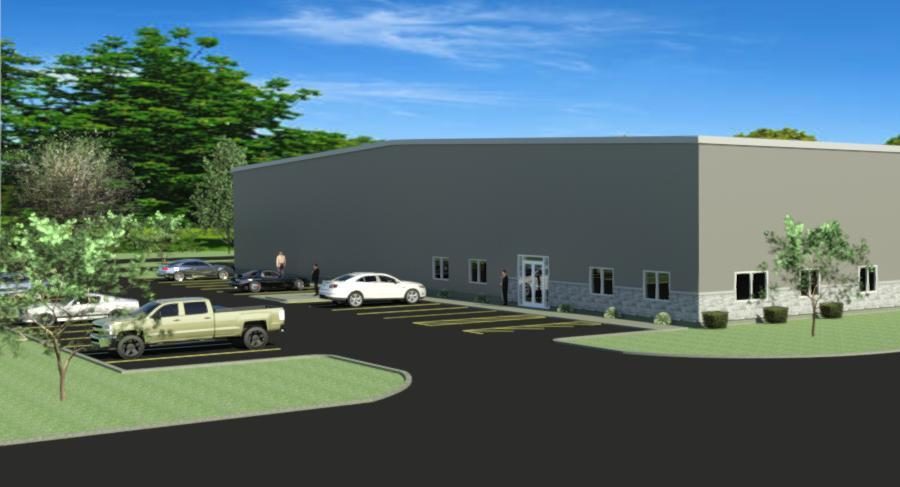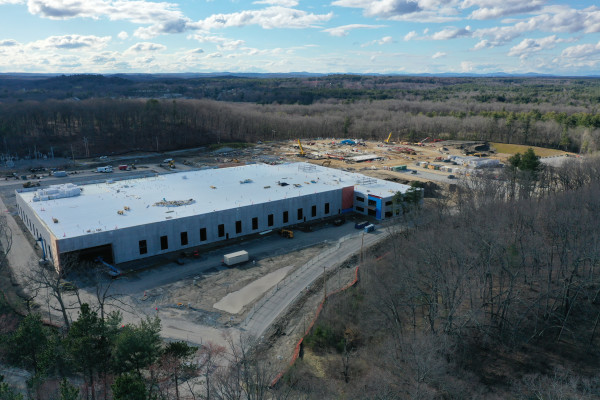stellarfun
Senior Member
- Joined
- Dec 28, 2006
- Messages
- 5,711
- Reaction score
- 1,544
To prove that, Commonwealth Fusion Systems, an MIT spinoff in Cambridge, is using a whopping $1.8 billion it raised in recent months from investors such as Bill Gates, Google, and a host of private equity firms to build a prototype of a specially designed fusion reactor on a former Superfund site in Devens. A host of excavators, backhoes, and other heavy machinery are clearing land there and laying concrete foundations on 47 acres of newly acquired land.
“We have come a long way,” said Bob Mumgaard, CEO of Commonwealth Fusion Systems, who compared their advance to similar breakthroughs that made flight possible. “We’re a pretty conservative science bunch, but we’re pretty confident.”
With some $2 billion raised in recent years — more than any of the other fusion startups — his company is racing to prove that their prototype, called SPARC, will produce more energy than it consumes in 2025. If they succeed, the company plans to start building their first power plant several years afterward. Ultimately, he said, their goal is to help build 10,000 200-megawatt fusion power plants around the world, enough to replace nearly all fossil fuels.

After years of doubts, hopes grow that nuclear fusion is finally for real and could help address climate change - The Boston Globe
After breakthroughs this year at MIT and elsewhere, scientists — and a growing number of deep-pocketed investors — insist that fusion is for real and could start sending power to electricity grids in about a decade.
https://www.enr.com/articles/53327-...t-heating-up-central-mass-construction-marketCommonwealth Fusion, a startup led by MIT scientists that is working to build a nuclear fusion reactor that would imitate the way the sun generates energy. Commonwealth Fusion Systems earlier this year snapped up 47 acres of land at Devens.
Crews have begun work on a $500-million nuclear fusion research, office and facility for the MIT startup, which is backed by private investors, including Bill Gates and Jeff Bezos.
BW Kennedy, the contractor on the project, broke ground earlier this year on the first building, a 164,000-sq-ft office and manufacturing facility. Vivo Architecture and civil engineer Highpoint Engineering also are working on the project, according to High Profile.
The building, slated for completion in the fall of 2022, will provide offices for researchers and space for construction of the powerful magnets at the center of the experimental fusion reactor.
Plans are also moving forward on a second 147,000-sq-ft building, which will be where the fusion reactor is assembled and tested, according to MassDevelopment.
Work on that is not expected to be complete until 2025, with the potential for three more buildings down the line.
If that proves successful, Commonwealth and MIT will begin work on the world’s first commercial fusion reactor, with a pilot power plant potentially ready by the early 2030s or even the end of this decade.

A Nuclear Fusion Facility Isn’t the Only Project Heating Up Central Massachusetts Construction Market
With more than $1 billion in development, the decommissioned Fort Devens base has become one of the top hotspots for construction in the state, including an estimated $500M facility for a revolutionary MIT-launched nuclear fusion startup .
Last edited:



